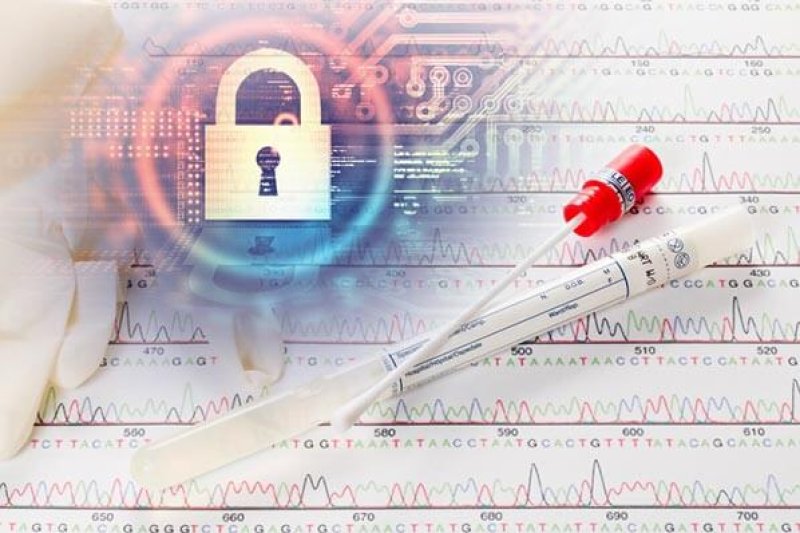Stephen Wald took a home DNA test in 2018, hoping to explore his family ancestry with his two young children. Instead, he learned a family secret: The man who raised him was not his biological father. Several days of intense online sleuthing for more details yielded another surprise, the identity and phone number of an apparent half-sister, Julie Gale.
…
Only later did it fully hit Mr. Wald that, in his quest to discover his own origin story, he might disrupt the narrative of someone else’s family—or disturb other members of his own.
Consumer DNA testing has taken off in recent years.
…
Yet the tests also have implications for others and can expose secrets hidden for decades, including infidelity, infertility or adoption. …
When an individual’s right to know competes with someone else’s right to privacy, who gets to decide? Medicine and science usually rely on ethical frameworks that give precedence to personal autonomy. Someone is informed of the risks and benefits of a medical procedure and then gives or withholds consent to proceed. Privacy is paramount; a person determines whether and to whom to reveal medical test results. When it comes to the ethics of DNA secrets, though, consumers are often left to work things out on their own.































